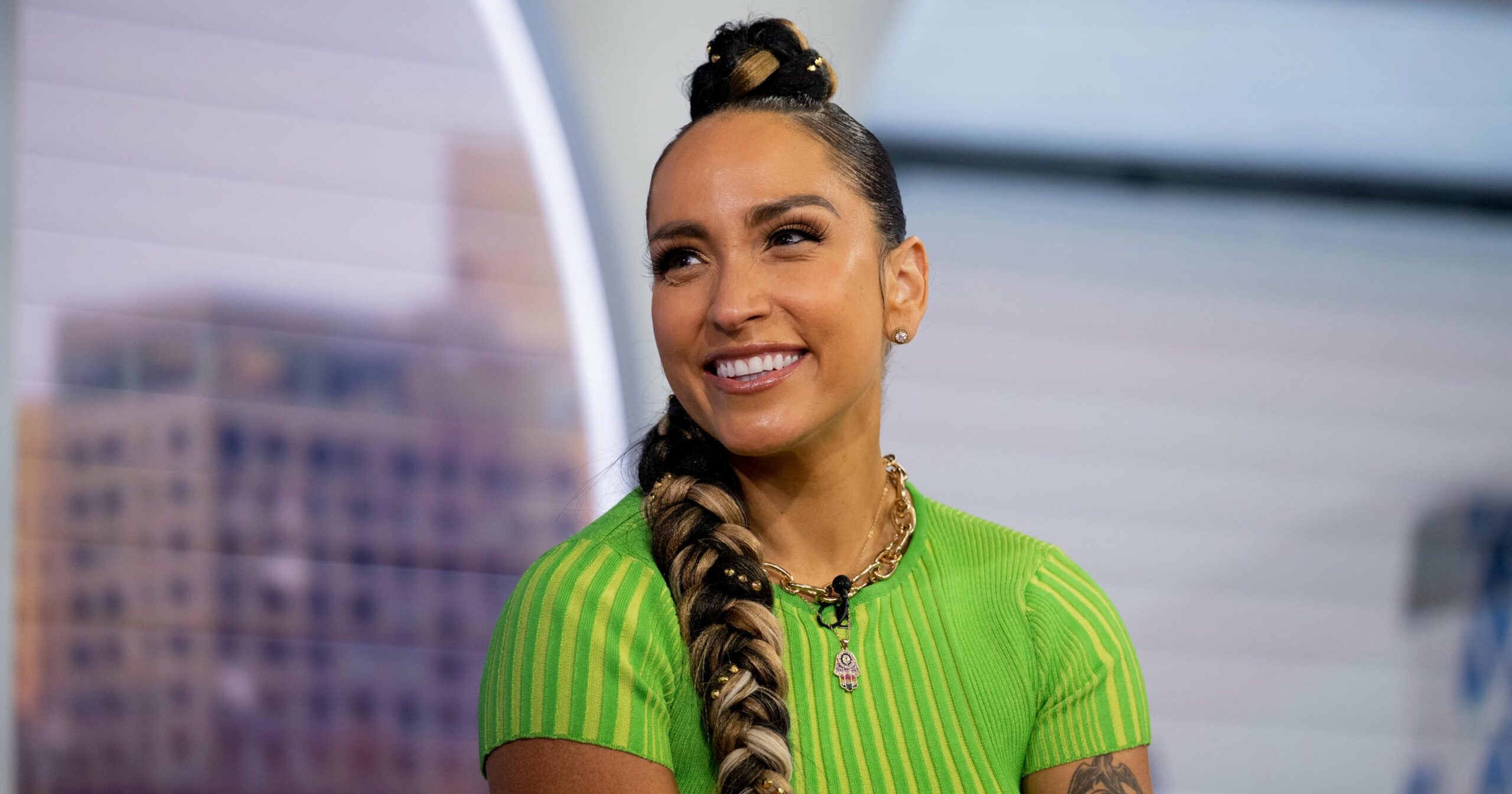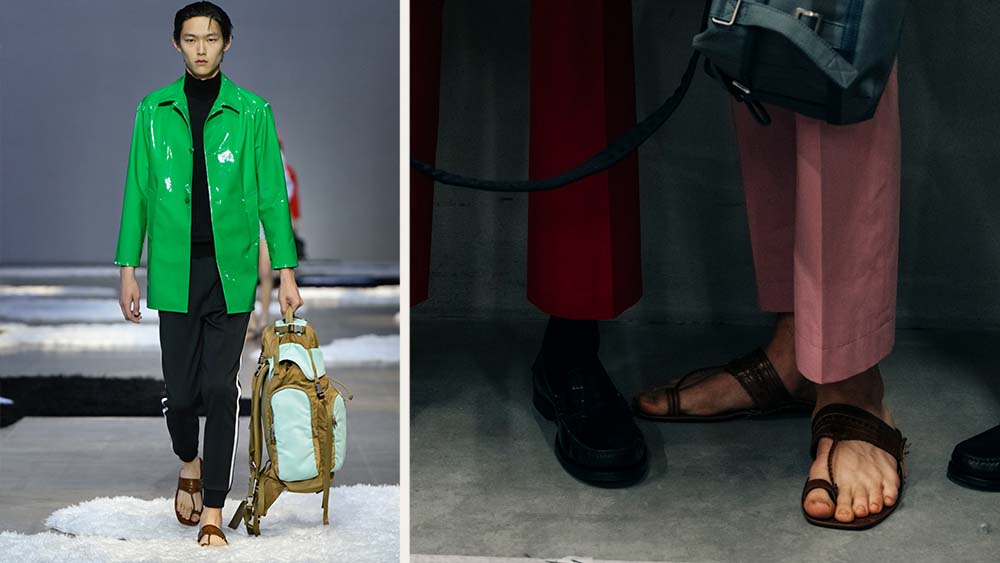When you think of Robin Arzón, you think of health and fitness. She’s perhaps best known as the head instructor and vice president of fitness programming at Peloton, after all – and she’s an ultramarathoner to boot. But as someone who has first- and secondhand experience living with a chronic condition, Arzón is also a tireless health advocate.
Arzón was diagnosed with type 1 diabetes at 32 years old, just after signing a contract with Peloton. The diagnosis shocked her, but she had at least some idea of what to do next. That’s because 15 years earlier, her mother had been diagnosed with multiple sclerosis.
“Our paths were very different. It took my mom a few years to be diagnosed [with MS], whereas I was diagnosed within a day. So the journey is really quite different, and the advancements in technology and treatments. But I’ve taken her resilience with me,” Arzón tells PS.
In an interview following a panel discussion with influencers living with MS, hosted by biotech company Genentech, Arzón reveals what she’s learned about being an advocate for herself and others, how her mom’s experience with MS affected her own fitness journey, and what she hopes people take away from her story.
PS: Did you learn anything from the panel today that really stuck with you? Anything surprising or especially true to you?
Robin Arzón: I loved [patient advocate] Julie [Stamm]’s answer about advocating for herself and asking, “Is this the kind of care you would want for your mother or sister?” That really hit home. And when she followed up by saying, “Is this something I would accept for my son?” it resonated even more. We often advocate more boldly for others than for ourselves, so those were two huge takeaways for me.
PS: Do you think you handled your own type 1 diabetes diagnosis differently after witnessing your mother’s journey with MS?
RA: Yes, I did [handle it differently], particularly in terms of advocating for myself and trusting that even when I don’t have answers, I’ve made it through 100 percent of the bad days and I’m resilient. And I come from resilient stock. My mom was incredibly helpful as a physician, but then seeing her also be a patient living with MS – she’s such a badass. I always carry her story with me.
PS: You mentioned that your mom’s diagnosis encouraged you to start running, which set you on your fitness and wellness journey. Did her diagnosis or your own affect your approach to fitness or wellness, particularly in how you make your classes accessible?
RA: Absolutely. I think about widening the aperture of who sees themselves as someone who moves or is an athlete. My mom is an athlete and she only stepped into that version of herself later in life, after 50, which is a great example of starting now, doing what you can. Focusing on what we can control is an incredible life skill I’ve learned from her, and she’s become really adept at that as someone who’s been living with MS for over 20 years,. As a teacher, I want to create an environment that’s inclusive. I don’t always know what specific [challenges] people are dealing with, but I try to use language and programming that is as accessible as possible.
PS: You also mentioned that you’re teaching your daughter the affirmation “I am strong.” Why is it important for you to pass on this message of strength?
RA: We’re just introducing the concept of self-talk to her. It’s the most important conversation she’ll ever have – the one between her ears. When she says, “I can’t do this,” I’m introducing the word “yet” – one of the most important words that we can use in that context. The affirmation “I am strong” is a constant refrain I want her to have humming in the background. It takes practice and life experience, but if I can plant those seeds, hopefully they’ll stick.
PS: The conversation around community during the panel was really powerful. How has community helped you, or your mom, in dealing with these challenges?
RA: One of the benefits of micro-communities on social media is that they provide examples. Even if [someone else’s] path might not be appropriate for you, it’s empowering to how people have [handled things]. For me, it was seeing people with type 1 diabetes who had healthy pregnancies. If you can see it, you can be it – that modeling of possibility and hope is the most significant piece.
PS: Is there any advice you’d give to someone whose family member was recently diagnosed with a chronic condition like MS or anything else?
RA: It’s natural for our own needs to go by the wayside when a loved one is in crisis, but it’s important to maintain some semblance of routine and self-care. Focus on what you can control – whether it’s eating a healthy meal, putting down your phone and going to bed, or getting 15 minutes of movement. Finding glimmers of our routine is really important, especially when we’re in crisis, even if it looks different than it would in our day-to-day, unstressed lives.
This interview has been edited and condensed for clarity.
Mirel Zaman is the health and fitness director at PS. She has over 15 years of experience working in the health and wellness space, covering fitness, general health, mental health, relationships and sex, food and nutrition, spirituality, family and parenting, culture, and news.




